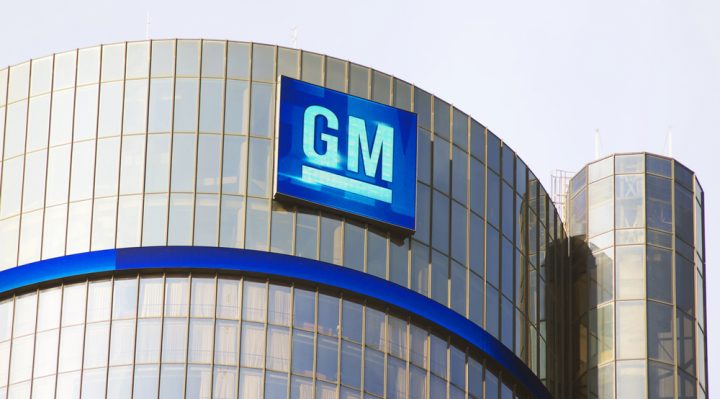General Motors was unsuccessful in dodging billions of dollars in losses in Supreme Court today. The company’s appeal to block hundreds of lawsuits related to defective ignition switches was turned down. A lower court had earlier refused to provide immunity to the company against its 2009 bankruptcy claim. The Supreme Court upheld the lower court’s decision to provide for the economic losses, as well as injury and death. The value of company’s cars plunged after the defect was found.

A Disappointment Followed by Losses
In a great disappointment to the company, the Supreme Court justices refused to hear their plea. No reason for the rejection was cited by the justices. Now, the company is exposed to hundreds of lawsuits which could cost it an estimated $10 billion. The ignition switch defect has already costed the company $2.5 billion in settlements and legal costs. This includes a sum of $600 million paid to families of victims injured or killed due to the defective switches. The people who received compensation or settlement from the company are excluded from the lawsuits currently in process. It also includes a $600 million fine paid to the Justice Department. GM also paid fines to the National Highway Traffic Safety Administration.
Last year, the company was held liable by a federal appeals court to pay for the damages occurring pre-bankruptcy. The court ruled that the company was aware of the defective switches for more than a decade but did not act upon it to ensure safety. Also, the company kept the fact hidden from the bankruptcy court as well. The defects in ignition key led to the disabled air bags and the car key moving to ‘off’ position automatically. GM had to recall 2.59 million cars in 2014 after 275 injuries and 124 deaths were linked to the defect.
General Motors Points Otherwise
General Motors said that the newly reorganized company has the right to claim the old company’s assets free and clear of liabilities. Jim Cain, spokesman of GM said that the decision does not change much. The plaintiffs must still prove their right to successor liability claims individually. This means that the plaintiffs must prove that their claims hold merit. The company received a bankruptcy shield after 2009 bankruptcy and reorganization. Because of this, they are now not liable to pay for a few liabilities of the old company. The newly organized company said that it would pay for accidents and claims after the reorganization but was not liable for vehicles produced before this.
Ben Myers
Latest posts by Ben Myers (see all)
- 3 Reasons Bitcoin is Still a Safe Haven Asset - June 12, 2020
- GCF Corporation and Genesis Green Initiatives Leading the Way - May 20, 2020
- Why Bitcoin Still Rules the Roost - May 13, 2020






